Frank is just four years old - a young, beautiful Friesian x donkey mule who,…
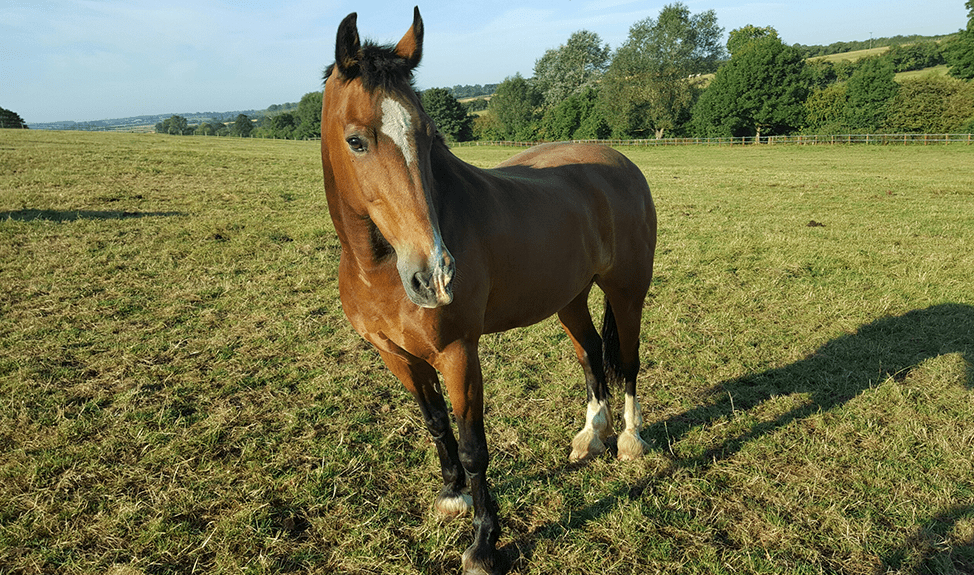
Why might an older horse be acting out of character?
Unlike the humans at our site, our residents can’t speak to us in the same way – we often must rely on their behaviour to tell us when something isn’t right. This was the case last week when one of our older residents, Bulawayo, was showing signs of fear whilst being brought in from the field. Thankfully, our Director of Training and Veterinary Director are always on hand to help, and we diagnosed the problem in no time.
This week in the clinic we have one of our older residents, Bulowayo, full-time handsome chap and retired King’s Troop Lines horse. Despite Bulowayo’s typically calm and gentle demeanor, he started to become nervous walking from his field to the yard and was very worried about going into his stable, which raised alarm bells with the team.
An otherwise calm horse showing fear can be signs of a problem requiring veterinary intervention. With that knowledge, we’re investigating Bulawayo’s case further.
Fear in horses
A horse’s natural fear response is flight or fight and they can exhibit signs of fear in many ways, for example fidgeting and freezing. This behaviour in horses can be misconstrued as ‘naughty’, when in fact, it usually means something isn’t quite right.
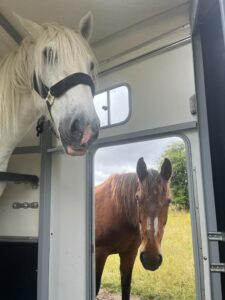
There are many reasons horses display signs of fear, such as experiencing unexpected changes in their environment or a medical problem, so it’s important we consider the context of each case. Many horse owners will know, for instance, that asking an untrained horse to walk into new spaces (especially darker spaces like a trailer or stable) can be scary for them in the beginning. It often requires training, time to build positive associations and, of course, a little help from their friends.
But when experienced, older and otherwise calm horses like Bulawayo start to show signs of fear again with no obvious change in routine or to their surroundings, this indicates something medical may be at play.
Older horses’ eyesight
Last year The Horse Trust supported a study on the vision of older horses by the veterinary ophthalmology team from Edinburgh University. Fifty of our older horses’ were given a full ophthalmic examination.
The results? 84% horses were found to have ophthalmic pathology (disease of the eye and surrounding tissues), with 52% having cataracts in at least on eye. This figure indicates a high prevalence of eye problems in older horses in the UK.
One of the signs we often see in horses with ocular pathology is that they become more nervous or spooky. Based on his grand age of 23 and his most recent behaviour patterns, Bulowayo is exhibiting the tell-tale signs we see in horses with vision problems.
After some careful detective work, help from an aspiring veterinary student, an ophthalmoscope and ultrasound machine, Nicky is able to diagnose the problem.
Cataracts
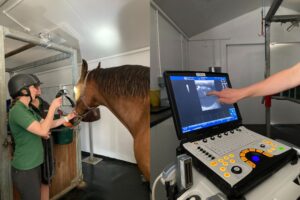
As suspected, Bulowayo has senile cataracts.
As with humans, the lens in the eye is normally clear allowing passage of light through to the back of the eye (retina). In cataracts, the lens becomes opaque and the path of light is disrupted. This causes decreased vision.
As we looked into Bulowayo’s eye with the ophthalmoscope, the back of his eye was unclear. The ultrasound confirmed the diagnosis and also allowed us to make sure that the retina had not become detached.
Care plan
This case is not uncommon in older horses and most of the time they adapt well. Usually, unwanted changes in behaviour are only temporary, although due to his size and the unpredictable nature of horses, there is a risk of Bulowayo causing harm to himself or others.
To safeguard against this, we have a care plan in place that will incorporate audio queues, a paired horse and a predictable environment in the hope Bulowayo regains his confidence. In 2 weeks’ time Bulowayo will have a follow-up with our Director of Training, Charlotte, to see how he’s adjusting.
Like our brilliant Bulowayo, many of our residents are retirees, which means we need to be extra vigilant to make sure our horses are healthy and happy. We’re so grateful to have heroes from our Veterinary, Training and Equine Care team on hand to keep an extra careful eye on our residents, ensuring the highest standards of care.
The Horse Trust supports the research of accredited veterinary organisations like Edinburgh University. This evidence-based veterinary informs much of our veterinary work at the Home of Rest, as well as providing information across the equine sector. We’re always looking for ways to carry out and fund safe research, so we can ensure we’re always searching for ways to forever improve the wellbeing of horses.
To find out more about our research, why not head to our research and grants page.
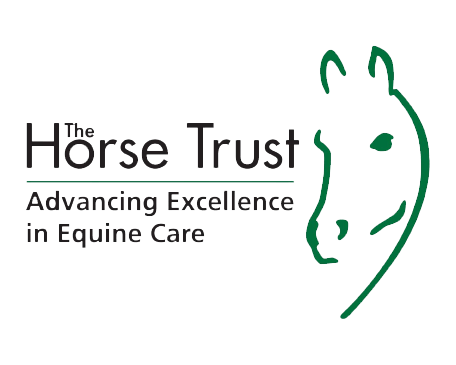
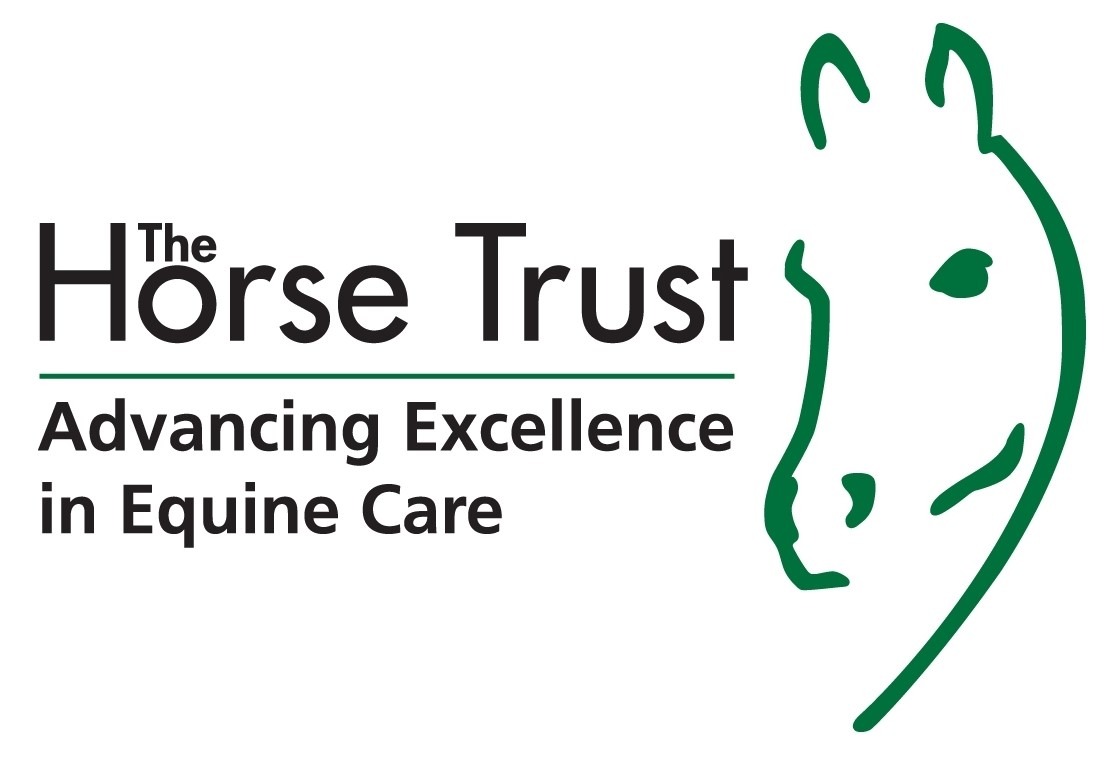

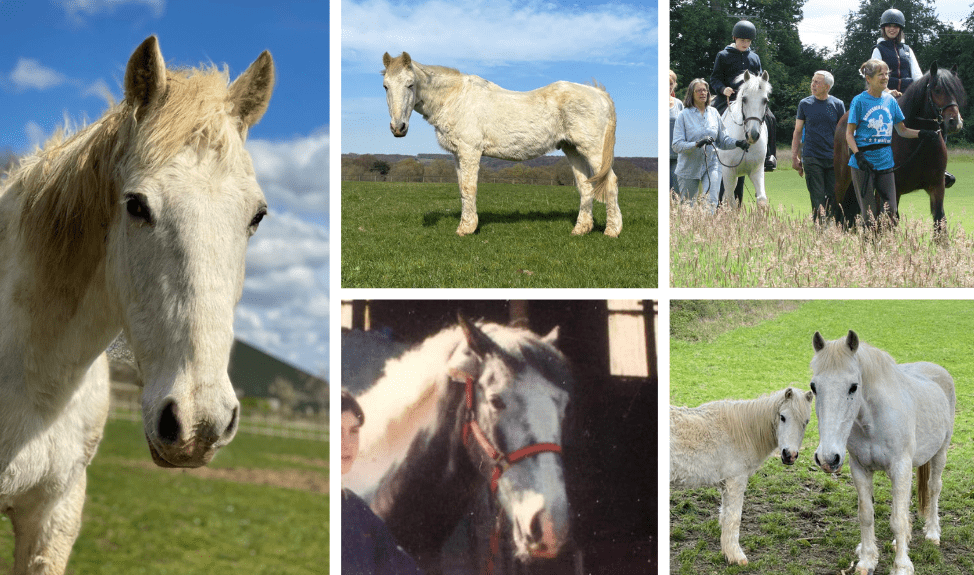
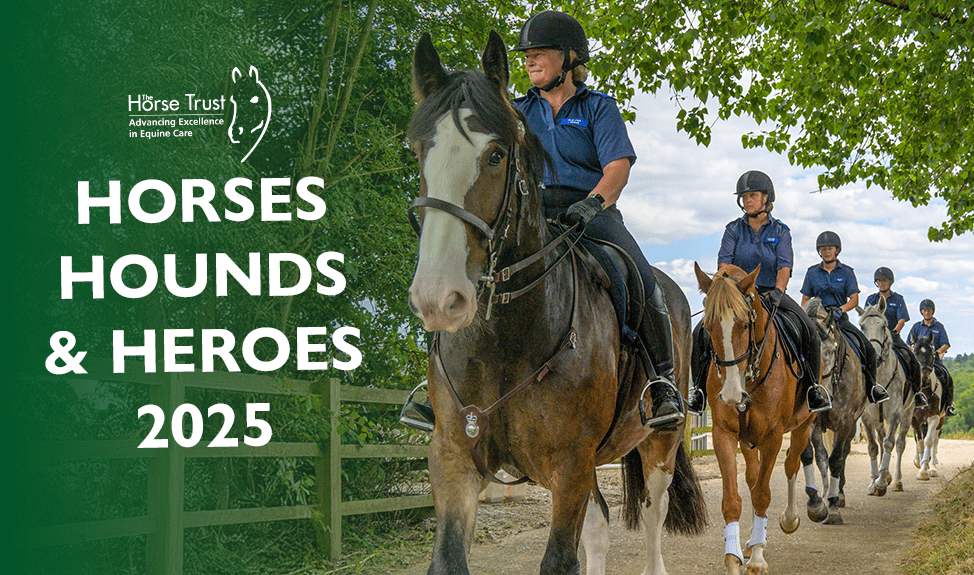










[…] © The Horse Trust […]